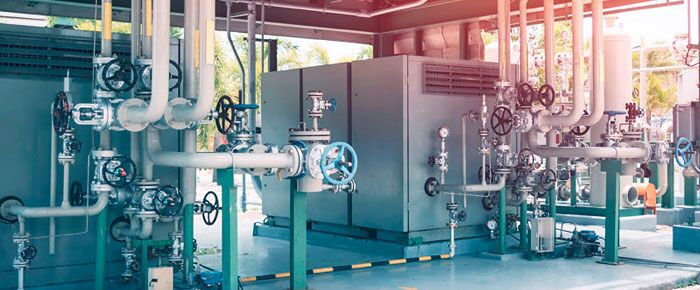
Machine and plant engineering
Shipbuilding and human history have always been closely dependent on each other. Increasing levels of intercontinental freight forwarding and steadily progressing globalisation have caused the demands on bulk ships and tankers, many of which are built in Far Eastern countries, to rise as well. In Europe, we tend to concentrate on equipping ships and catering for such niche markets as cruise ships and yachts, special-purpose ships (e.g. cable laying ships), offshore technology and offshore wind farms.
This specialisation in complex, high-quality, high-tech vessels and offshore engineering requires continuous innovations in materials and machining processes.
Waste water treatment in compliance with the Alaska standard is now subject to high standards of purity and adherence to these requires the use of high-grade macerator pumps in on-board sewage treatment systems.
Due to current trends in marine and deep-sea mining, this future-orientated high-tech technology is becoming a focal point for the supplying industry which places great demands on the components used.
At sea, the material demands are extremely high, for the materials are exposed to the most adverse environmental conditions around. The corrosive seawater and the highly abrasive mix of crude oil, gas, and sand cause extremely high wear, under great pressure and at high temperatures.
Components from various areas that are subject to high stress include, for example, couplings, seals, pump housings, and desalination rings.
In this area, only those special materials are used which can withstand the mechanical and chemical demands. Materials such as superduplex (1.4501), Alloy 31 (1.4562), Alloy 400 (2.4360) and Alloy K500 (2.4375) exhibit outstanding corrosion resistance, the ability to withstand stress corrosion, and good mechanical properties at temperatures up to 550 °C.

